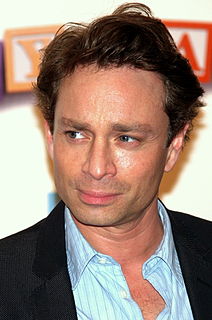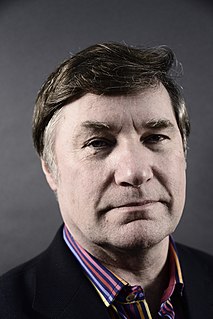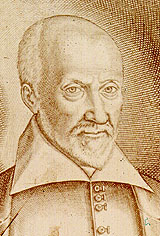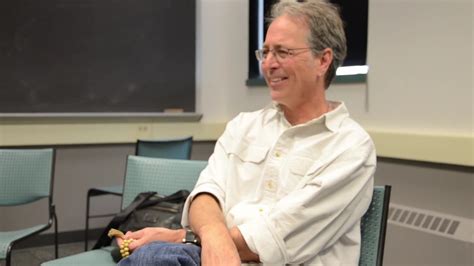A Quote by Ben Jonson
All the wise world is little else, in nature, But parasites or subparasites.
Related Quotes
A nature wise With finding in itself the types of all, With watching from the dim verge of the time What things to be are visible in the gleams Thrown forward on them from the luminous past, Wise with the history of its own frail heart, With reverence and sorrow, and with love, Broad as the world, for freedom and for man.
Sexual reproduction exists solely as a means to defeat parasites. By mixing male and female genes, sex produces offspring not exactly like either the male or female - making each generation different from the last, and presenting a moving target to intruders intent on compromising this system. ... Even with this variation, parasites continue to pose a threat... and parasitism evolves and moves through any system - not just living things. The less variation there is in a system, the more readily parasites will evolve to infest it.
All our surest statements about the nature of the world are mathematical statements, yet we do not know what mathematics "is"... and so we find that we have adapted a religion strikingly similar to many traditional faiths. Change "mathematics" to "God" and little else might seem to change. The problem of human contact with some spiritual realm, of timelessness, of our inability to capture all with language and symbol-all have their counterparts in the quest for the nature of Platonic mathematics.
We could almost say that being willing to be a fool is one of the first wisdoms. So acknowledging foolishness is always a very important and powerful experience. The phenomenal world can be perceived and seen properly if we see it from the perspective of being a fool. There is very little distance between being a fool and being wise; they are extremely close. When we are really, truly fools, when we actually acknowledge our foolishness, then we are way ahead. We are not even in the process of becoming wise — we are already wise.
Nature consists of facts and of regularities, and is in itself neither moral nor immoral. It is we who impose our standards upon nature, and who in this way introduce morals into the natural world, in spite the fact that we are part of this world. We are products of nature, but nature has made us together with our power of altering the world, of foreseeing and of planning for the future, and of making far-reaching decisions for which we are morally responsible. Yet, responsibility, decisions, enter the world of nature only with us
This is what I tell my students: step outside of your tiny little world. Step inside of the tiny little world of somebody else. And then do it again and do it again and do it again. And suddenly, all these tiny little worlds, they come together in this complex web. And they build a big, complex world.






































